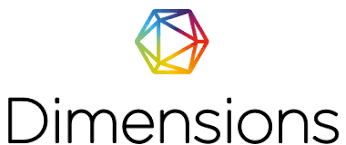Industri Tahu Rakyat dalam Tinjauan Life Cycle Assessment
 Abstrak views: 740
,
Abstrak views: 740
,
 pdf (English) downloads: 1486
pdf (English) downloads: 1486
Abstrak
Tofu is a type of food that is preferred and widely produced by Indonesian people. The existence of the tofu industry will have an impact on the quality of the environment. To reduce this impact, an analysis related to the Life Cycle Assessment (LCA) is required. The research aims to determine eco-friendly tofu products and the part of the process that has a high potential to pollute the environment in the micro tofu industry. The research method uses a cradle-to-gate approach, which focuses on the processing of raw materials into products in the form of white tofu and fried tofu. The stages of this research are based on SNI ISO-14040: goal and scope, inventory analysis, life cycle impact assessment, and interpretation. The results showed that fried tofu has a high potential to pollute the environment compared to white tofu, namely the contribution value of white tofu is 0.121 pt and the contribution value of fried tofu is 2.83 pt, this is based on the highest value on important issues (hotspots) related to the impact category, namely global warming potential is 154 kg CO2(eq), ozone depletion potential is 1.43.10-5 kg CFC-11(eq), acid rain potential is 3.83.103 kg SO2(eq), eutrophication potential is 145 kg PO4 P-lim, energy use is 154 kg CO2(eq), and human health is 0.822 DALY. Based on the contribution analysis, hotspots on the results of the life cycle assessment of the micro tofu industry are in the frying process and the procurement of the main raw material used, soybeans. Alternative improvements can be made by changing the main ingredient of soybean seed into soybean slurry and replacing palm oil with soybean oil in frying, and firewood into biogas.
##submission.copyrightStatement##
##submission.license.cc.by4.footer##















